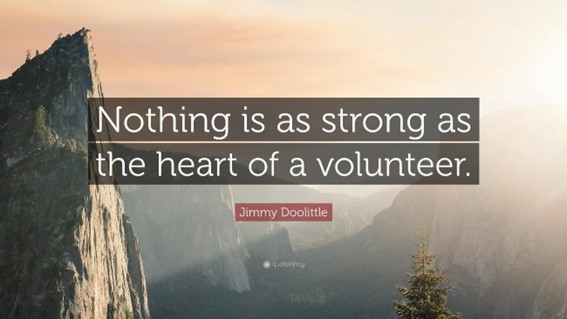Volunteering is one of the main dimensions of the ELP and one of the most appealing to me. I am passionate about learning, personal and professional development. If someone asks me to describe in a few words what is the essence of volunteering, I would say it is about self-knowledge, knowledge of others and knowledge of the world. By volunteering you can upskill yourself as a person in an alternative context or even discover new interests and values. You can realize that you like to do something that you did not realize before because you never had the opportunity to be and to test yourself in a totally different context or culture from yours. It happens sometimes that people can’t fulfill their potential because they never had a context to do it, to explore. For example, because of its nature the academic context is more about competition and less about cooperation. What is valued in academia is not necessarily what is valued in or necessary to succeed in other contexts or in life in general. What I mean is that it is necessary to go beyond and to develop other types of skills in life. That is why volunteering is an important dimension, because you can upskill yourself in suitable projects in a context outside of the formal and traditional learning environments and develop a broader repertory of skills.
This is relevant because there is a huge gap in soft skills when it comes to adaptability to different contexts in order to set-up good relations with others; which is essential as without good relations nothing works. Volunteering is about developing your social awareness of different communities and contexts in which the conception of success in life is perceived in a different way according to the culture or context where you are actually. It’s no surprisingly that in some countries where culturally there is a quite active civil society and a culture of charities and social enterprises as well, volunteering is so valued and embodied in the sense that people are highly engaged in social causes and community leadership when it comes to serve the others and have social impact.
Among the best things about volunteering is that one can choose a project that suits one’s interests and values or try something outside the scope of one’s skills. There may be a surprise in the end because people may realize that they want to take personal or professional pathway in life. What has this has got to do with leadership? I believe Volunteering is a core element of an international and leadership programme such as the ELP. Why? It is pivotal that a potential leader engage in activities linked to his/ her personal development and social awareness along with a more humanitarian approach. From my perspective, it is not sufficient to be academically or cognitively brilliant. One must be skilled in human relations and emotional intelligence in order to establish good relationships with others to make things happen. A great example of that kind of social leadership and active citizenship put in practice is the example of the Barefoot College International, a college for the poor that provides a service to the community where an academic degree is not a requirement. Rather people are certified by the community they are serving. The most important dimension of this project is that one has the chance to be exposed to the most extraordinary knowledge and skills that very poor people have, an emerging context where the skills are serving social innovation and solutions in the community. A leader needs to have a broader knowledge of the world in order to develop a culturally sensitive approach to leadership and perhaps to become a better person as a citizen of the world. To sum up, my advice is that if you have the chance to engage in volunteering just do it as a challenge. In this way you can understand and approach others using a more humanitarian approach, come to know yourself better as a person, become a leader in your community and find a pathway that suits to you in life.



